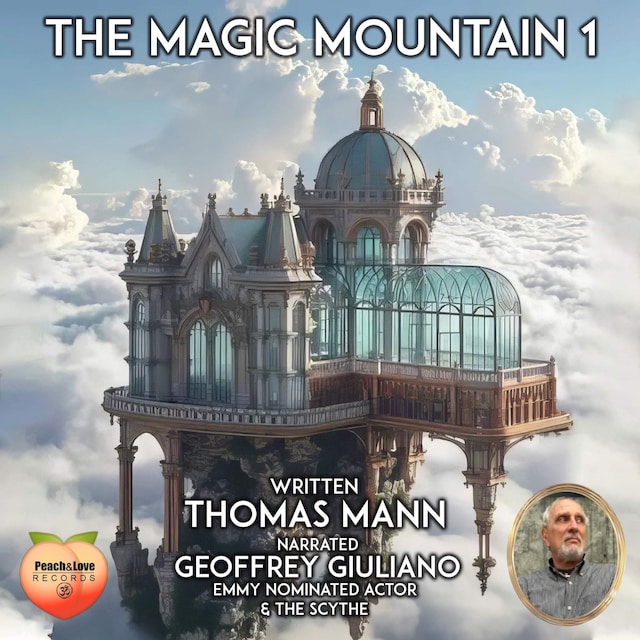
The Magic Mountain 1
Opis książki
The Magic Mountain, by Thomas Mann, published in 1924, is a monumental novel that explores the themes of time, illness, and the search for meaning. Set in a tuberculosis sanatorium high in the Swiss Alps, the story follows Hans Castorp, a young German engineer who initially arrives at the Berghof sanatorium to visit his cousin Joachim but stays for seven years. This prolonged stay turns into an intellectual and spiritual journey that challenges and reshapes his understanding of life.
The novel is rich in symbolism and allegory, using the isolated, almost surreal atmosphere of the sanatorium as a stage for exploring the cultural and ideological conflicts of pre-World War I Europe. In the cloistered world of the Berghof, Hans encounters a cast of characters who each embody different philosophies and worldviews, representing a spectrum of political, social, and spiritual ideologies. Two key influences on Hans are Settembrini, a rationalist and humanist who advocates progress, and Naphta, a Jesuit who supports radical and authoritarian ideals. Their debates introduce Hans to conflicting philosophies, and through these interactions, Mann explores themes of humanism, existentialism, and radicalism.
Time in The Magic Mountain is almost a character of its own. In the sanatorium, time becomes elastic, with days blending together in an almost hypnotic rhythm, reflecting the timelessness and detachment from ordinary life. This strange suspension of time allows Hans to deeply ponder existence, mortality, and the purpose of life—ideas that might have remained hidden in the bustle of the everyday world.
Mann’s writing combines humor, irony, and a philosophical depth that challenges readers to think critically about the ideas being discussed.


